Latest News
Afghanistan Deemed Most Insecure Place for Female Journalists
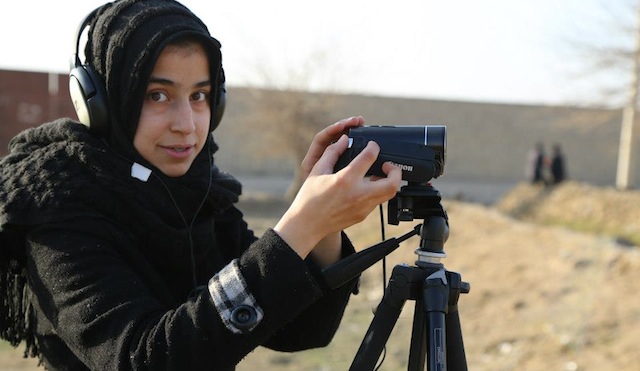
 Reporters Without Borders- Reporters Sans Frontières (RSF) has called Afghanistan the most insecure place for female journalists; Urging the Afghan government to provide better and secure conditions for journalists in the country.
Reporters Without Borders- Reporters Sans Frontières (RSF) has called Afghanistan the most insecure place for female journalists; Urging the Afghan government to provide better and secure conditions for journalists in the country.
“Violence against journalists must be ended. The first priority should be securing the environment for journalists,” said Reza Moeni, representative of RSF from Iran.
Farida Nikzad, representative of women journalists in South Asia said, “The problems facing journalists in the current geography have made Afghanistan the most dangerous country for female journalists.”
The issue of journalists security and tracking cases are the main factors that the government wants to have more focus on them.
“Currently, the war is ongoing in more than 15 parts of the country, and Afghan journalists are in a bad and difficult situation,” said Shah Hussain Murtazawi, President’s deputy spokesman.
Sidiq Sidiqi, spokesman of the interior ministry also said, “The issue of journalists security and tracking violence cases against journalists will be the priority of this ministry from now on.”
While Afghan journalists have made great strides in establishing media outlets and providing Afghans with comprehensive coverage of local and national events in recent years, there are still many challenges being faced by local and foreign journalists alike, namely, harassment, threats and lack of support from government authorities, reported by CJEF .
According to a female journalist who heads a radio station in Balkh province, being a female journalist is particularly challenging. They face sexual harassment and threats from officials, strangers and sometimes even family members.
Cultural constraints on women in Afghanistan often restrict them to work inside the office, instead of venturing out to do field work. In many places in Afghanistan, the idea of women undertaking public roles and working is considered taboo.
Additionally, there is pressure on women working in the media from family elders to quit their jobs in order to avoid wider repercussions for the entire family, or because they view the career as unseemly. Lack of training and resources for women in the media is also a serious issue.
In September 2014, Palwasha Tokhi Meranzai, a female Afghan journalist, was killed inside her home by an unknown assailant.
She had received a death threat relating to her reporting about a month before her murder; despite evidence that the motive was tied to her profession, Afghan security services persist in treating it as a robbery.
Since early 2013, press freedom organizations have noted a decrease in the number of women currently working as journalists in Afghanistan due to the culture of fear created by religious militants such as the Taliban and related organizations.

Latest News
Afghanistan moving toward development and industrialization every day: Azizi
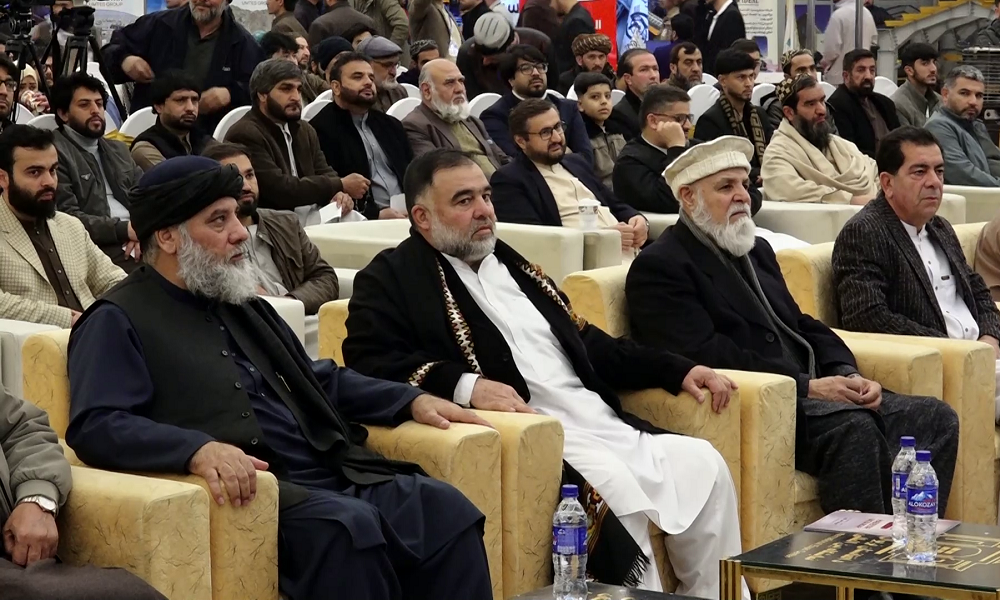
The Minister of Industry and Commerce, Nooruddin Azizi, says that Afghanistan, under the proper management of the Islamic Emirate, is moving each day along the path of economic growth and prosperity.
Azizi made these remarks on Thursday during the opening ceremony of the Third International Exhibition of Construction, Urban Development, and Reconstruction in Kabul.
Azizi said: “The Islamic Emirate of Afghanistan, through proper management of natural resources and human capacities, has been placed on the path of economic growth and prosperity. With each passing day, by the grace of Almighty God, Afghanistan is moving toward development and industrialization.”
Azizi stated that the country has become self-sufficient in most construction materials.
He also said that 160,000 hectares of land have been allocated to them for investment and the establishment of industrial parks.
He referred to the progress of major regional projects, including TAPI, and called on all countries, especially Pakistan to cooperate in facilitating trade routes.
At the exhibition, 300 booths showcasing various sectors, including the construction industry, construction materials, construction machinery, financial and banking services, as well as domestic products have been put on display.
Latest News
Former Prince Andrew shared ‘confidential’ Afghan Trade Briefing with Epstein: Report
The briefing coincided with Andrew’s visit to Helmand, where British forces were stationed, and official guidance requires trade envoys to keep such information confidential.

Former Prince Andrew reportedly sent a confidential UK government briefing on Afghan investment opportunities to convicted sex offender Jeffrey Epstein.
The document, prepared for Andrew during his role as the UK’s special representative for international trade, detailed “high value commercial opportunities” in Helmand province, including gold, uranium, marble, and potential oil and gas reserves. In a December 2010 email, Andrew described it as a “confidential brief produced by the provincial reconstruction team in Helmand.”
The briefing coincided with Andrew’s visit to Helmand, where British forces were stationed, and official guidance requires trade envoys to keep such information confidential.
Emails suggest he may have also shared reports from trade visits to Singapore, Hong Kong, and Vietnam, along with additional files labeled “Overseas bids.”
Thames Valley Police are reviewing claims that Andrew improperly shared sensitive documents while serving as trade envoy.
Andrew, 65, stepped back from royal duties in 2019 after his connection to Epstein emerged and settled a civil lawsuit with Virginia Giuffre in 2022, denying any liability.
Latest News
France, FAO, and UNICEF launch €2 million aid program for quake-affected communities
Dr. Tajudeen Oyewale, UNICEF Representative, added that nearly 80% of Afghan children affected by malnutrition are under two, making early intervention critical.
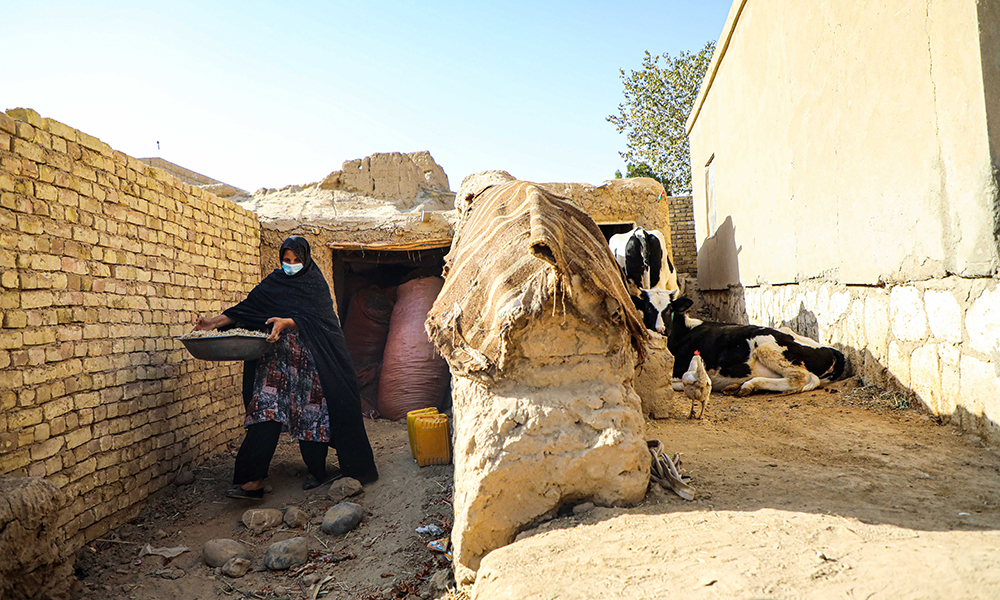
The Food and Agriculture Organization (FAO), UNICEF, and the Government of France have launched a €2 million initiative to support communities in eastern Afghanistan affected by the August 2025 earthquake.
The project, funded under the French Initiative for Food Security and Nutrition (FIFSAN), aims to restore food security, improve nutrition, and protect livelihoods, particularly for women and children.
The programme will directly reach 51,870 people in Kunar and Nangarhar provinces, with indirect benefits for approximately 190,000 more, focusing on rebuilding productive assets, promoting household food production, and reducing malnutrition.
Using FAO’s Cash+ approach, families will receive unconditional cash transfers, livestock protection packages, poultry and vegetable support, and nutrition education. UNICEF will complement these efforts by improving access to nutritious first foods, promoting optimal infant and young child feeding, and strengthening WASH services to prevent malnutrition.
“Targeted support gives families the space to recover with dignity rather than being forced into impossible choices,” said Richard Trenchard, FAO Representative in Afghanistan.
Dr. Tajudeen Oyewale, UNICEF Representative, added that nearly 80% of Afghan children affected by malnutrition are under two, making early intervention critical.
The joint initiative addresses both immediate needs and the long-term recovery of food systems, nutrition, and livelihoods in a region still reeling from natural disasters and repeated crises.
-

 International Sports4 days ago
International Sports4 days agoWinter Olympics gain momentum as medal table takes shape
-

 Sport3 days ago
Sport3 days agoChampions League Elite action continues as qualification race tightens
-
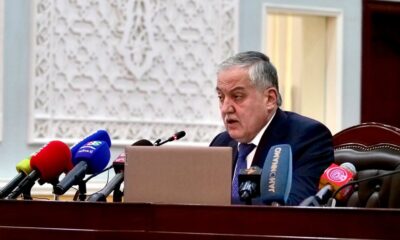
 Latest News4 days ago
Latest News4 days agoTajik foreign minister urges international community to help Afghanistan address its challenges
-

 International Sports2 days ago
International Sports2 days agoIPL 2026: Franchise sales gather pace as global investors circle teams
-
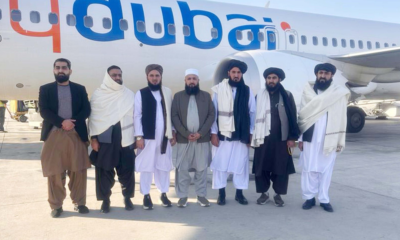
 Latest News4 days ago
Latest News4 days agoAfghan counter-narcotics delegation travels to Indonesia
-
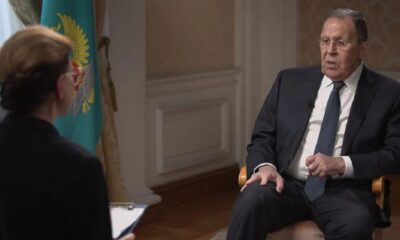
 Latest News3 days ago
Latest News3 days agoTerrorist activities observed along Afghanistan borders, says Lavrov
-

 Sport3 days ago
Sport3 days agoEarly medal leaders emerge as Winter Olympics continue in Italy
-

 Sport4 days ago
Sport4 days agoNew Zealand cruise past Afghanistan by five wickets in T20 World Cup














